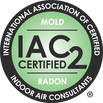Mike's Home Inspector BlogMichael Burfitt |
|
During my elementary school years, I had a routine on school days: the bus arrived at around 8:15am so if I wanted to watch a cartoon before school, I had to get up at 7:30am and for years, since I grew up in the 80s with only a handful of channels, the only kid’s show on TV at that timeslot was Inspector Gadget. For those not aware, the show is about a dimwitted cyborg detective who has hundreds of gadgets installed in his body and somehow, someway manages to always save the day despite his ineptness. Did I mention that the show was partially created right here in Halifax as well? No, I am not a dimwitted inspector, but I couldn’t help but notice the parallels to my own set of tools, many used only for obscure situations. Sadly, mine are not built in but today’s blog post covers some of the more common tools I, and most skilled home inspectors, use on most inspections. Let's take a look at these one by one. Sewer Scope
One of my newer tools, I started offering this service late last year. It is a pretty simple setup, with a camera on a very long cord. However, it is a little more complicated to use, and knowing how to avoid getting it stuck in a sewer system is an area I studied very carefully. Thermal Camera The most expensive but also most valuable piece of equipment. While it does not provide X-ray vision it does provide valuable assistance in seeing things the naked eye cannot, usually related to moisture issues or poor insulation. There is a lot to know about how to use a thermal camera properly and they can actually DECREASE the quality of inspections if used improperly. Moisture Meter That tiny little unit in the middle is used for detecting the % of moisture in a particular substance, most notably drywall and wood. In my experience, a cheap unit like this works just as well as an expensive one and all homeowners should pick one up. They should also buy a... Electrical Tester While not 100% reliable, these plug in units can usually tell if an electrical receptacle is properly polarized and grounded. Lately, I have tended to avoid using this until later in the inspection to confirm what I already know through inspecting the main electrical system. Extendable Magnet Not only great for picking up loose screws that drop, another great use of this is to determine if a metal is ferrous (contains iron) or not. Using this on older pipes can also confirm the presence of lead supply lines, although luckily they are relatively rare in Halifax. Drone I remember my very first inspection having to scramble to see the roof due to the home's very tall design. I did manage to rig something together but put a drone on my wish list. I eventually went and added it to my toolkit and wonder how I ever inspected without it. A great tool to not only see onto tall roofs but also to provide valuable aerial shots and look for big picture issues. The bonus is on quiet days like the day I wrote this I can capture some breathtaking natural beauty in ways we have never seen before. 4" Basketball (!?) You might wonder what the point of this is and if I am planning on taking a sports break during inspection. The answer is in the size: 4". My then 2 year old didn't have much interest in this particular ball but I couldn't help but notice it was exactly 4". In other words, a properly installed railing should have balusters no more than 4" apart. No need to pull out a tape measure when this ball does the trick: if it falls through the balusters are too far apart. Of course it goes without saying that the #1 tool is an inspector's senses, particularly their eyes and brain. All the fancy tools in the world are pointless without the skills and knowledge to know when to use them and more importantly when not to. As I sit here writing this blog post, Halifax is yet again experiencing another hot and humid day. Our home, like many others in this region, boasts a design suited for colder climates to keep those pesky heating bills in check. However, the downside to this setup becomes apparent in the months of July and August. While Nova Scotia's climate typically doesn't necessitate air conditioners (A/C), having one makes sleeping at night a breeze. To combat the heat and lower our winter heating bills, we installed a heat pump system, essentially a reversible air conditioner, in our home. Unfortunately, due to some limitations, we couldn't set it up in the bedroom areas, and window units weren't an option either. Therefore, we rely on a portable air conditioner to keep the temperature as comfortable as possible. Though it does help to some extent, let me be clear that these portable units are far from being ideal solutions. I won't delve into technical jargon about the vapour compression cycle and A/C physics to avoid putting you to sleep, hopefully in a cool and air-conditioned space! Now, let's talk about the flaws of portable A/C units. One of the most obvious downsides is their noise level. Unlike typical air conditioners that have their compressors and fans located outside, portable units have all the noise-generating components inside the home, contributing to a less peaceful environment. As with any air conditioning system, a source of air intake is necessary for these portables to function and unfortunately it's the very same air we're desperately trying to cool on the hottest days of the year! Another issue with portable A/C units is the hot and poorly insulated hose that leads outside when the unit is running. My infrared image reveals that on this particular the A/C hose reached close to 40 degrees on the outside, and unfortunately, some of this warm air returns to the cooled room through radiation. This further reduces the unit's efficiency and adds to your power bills.
Now, the big question: Are these portable A/C units worth the investment? To be honest, even though we still have one ourselves despite having a heat pump system, they are a great value for limited use. However, these units should be your last resort rather than your first. I understand that some households may face limitations in installing window A/C units for various reasons, but if it is a feasible option, they are much more efficient and quieter. Without a doubt, if you have a home that is heated by electricity like ours, your top choice should be a heat pump, preferably a ductless mini split. However, we know it's not always feasible to snap your fingers and have a new system in place instantly. In the meantime, keep in mind that portable A/C units come with their downsides – they are noisy, inefficient, and shouldn't be your primary cooling choice. |
Archives
July 2024
Categories
All
|
|
Inside Edge Home Inspections Ltd.
Halifax, NS 902-209-9921 [email protected] Proudly Serving the HRM & Central Nova Scotia |
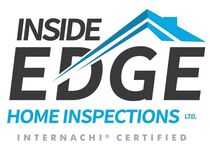
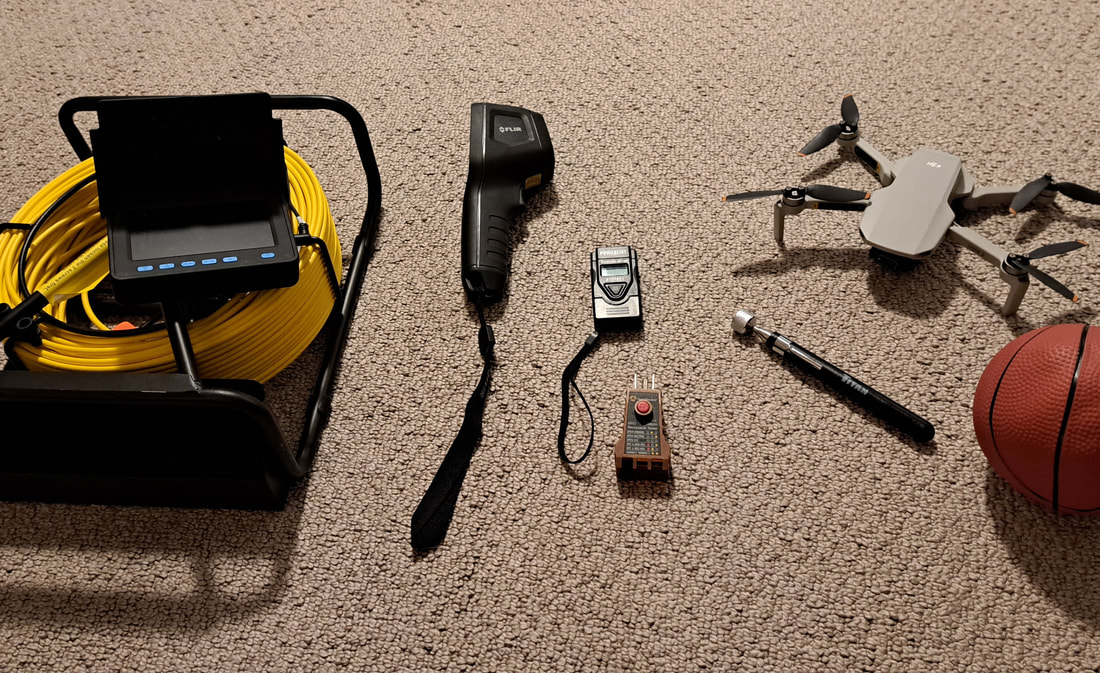
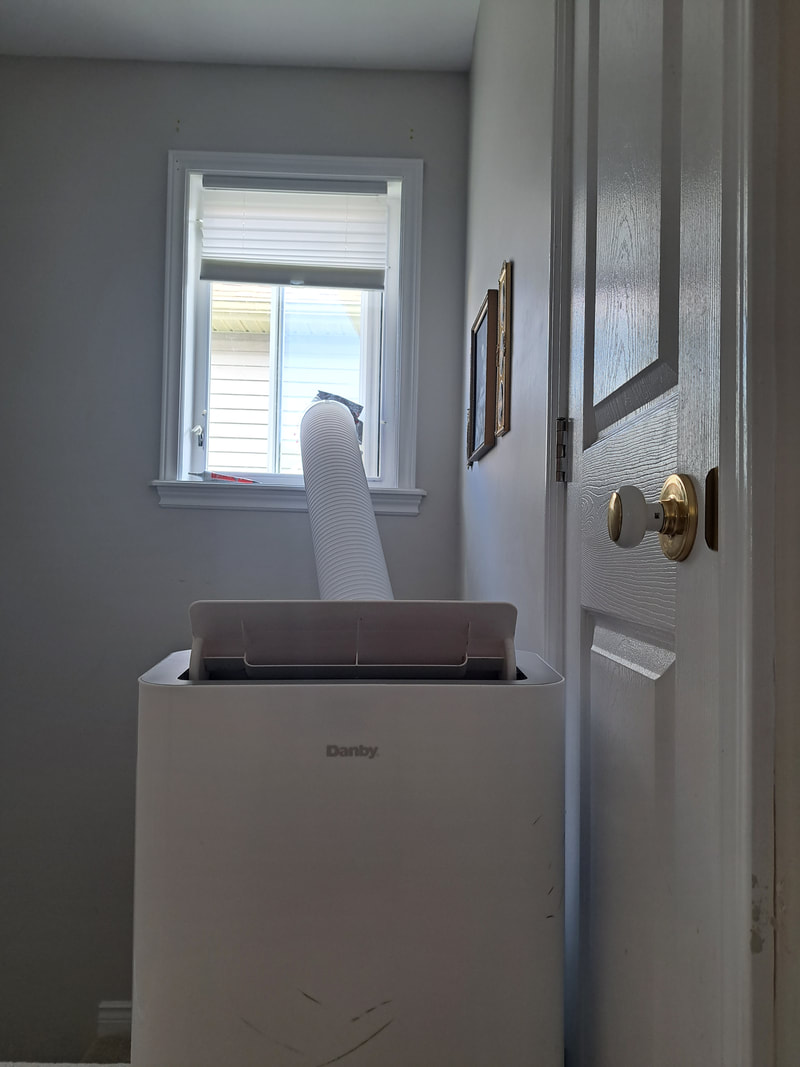
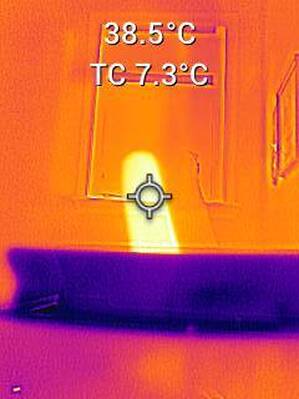
 RSS Feed
RSS Feed

